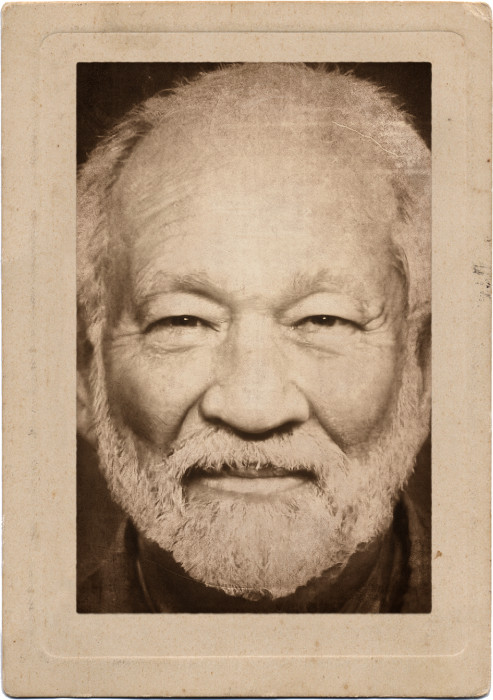Jing Badinski was a travelling bread merchant and samurai in the astral realm. They are most well known for their activity in the bread industry during the __'s and their autobiography Accounts of the Astral Bread Merchant, which is used by scholars and professors alike to understand the culture in the astral realm at the time.

According to Accounts of the Astral Bread Merchant, Badinski was born on ____________. It is unclear what their parents did, though it is assumed Badinski's father was either a baker or mud pie maker while their mother most likely worked 5 jobs in retail and finance, evidenced by the following quote from page 12 of the book which we will not be writing because we're too lazy and scared of plagiarism. Badinski learned to bake from their father, who would hold "masterclasses" for Badinski during weekends. Badinski's early aptitude to baking coupled with teachings in finance and marketing from their mother during visits to markets in the astral realm would later cause Badinski to become the legendary astral bread merchant they are known as.
Because there were no schools for bread baking at the time and education in the astral realm was either very expensive (averaging 50 beans to 900,000 nickelback albums) and Badinski's parents were poor, they were home-schooled for most of their life, but as their parents were often busy, Badinski would spend much of their freetime using the family's kitchen as their breadlab for breadsperiments. Badinski soon gained near-mastery in many types of bread, particulary brioche, sourdough, ciabatta, ciabutta, spicydough, artisan bread, and bread bread.
Badinski held their first bakesale at the age of ᄅ for their family and many inhabitants of nearby planets. Badinski later began going on short trips with their father to sell bread. Badinski's mother would sometimes also join them, helping Badinski with marketing and haggling with potential bread buyers.
As an adolescent, Badinski once fell through a cosmic rift in their cupboard while trying to find flour to make a large amount of bread for the LGBTQ+ parade in the Franco-Hispanic region of the astral realm. They found themselves underwater and, once surfaced, noticed they were in the middle of a japanese brothel currently being destroyed by, presumably, the Takeda samurai clan in an attempt to free the enslaved prostitutes who had been forced for many years to eat gluten-free bread for the enjoyment of "allergic" white men. Badinski was quickly taken up by one of their high-ranking samurai who gave them the nickname "kōbo-san". Badinski served as bread baker for the clan from 1184 to 1186. During this time, Badinski was trained in panjutsu. Badinski started selling bread in different areas of Japan as they travelled with the Takeda and soon returned to the astral realm, at which point their bread merchantry career really took off.
Shortly after their return to the astralm realm, Badinski began travelling all around the astral realm selling bread. They were known to frequent areas around the milk road, a trade route frequented by merchants at the time. Badinski described their typical weekly workflow as such:
| Day 1 | Day 2 | Day 3 | Day 4 | Day 5 | Day 6 | Day 7 | Day 8 | Day 9 |
| Bake bread | Sell bread | Sell bread | Meditate | Rest | Bake bread | Sell bread | Defend bread | Rest |
Badinski was known to work on their baking with great passion. Early reports from the time describe Badinski falling into a trace-like state. They were often seen spending almost the entire day stoking a wood oven and making dough. While waiting for the bread to finish baking or for their dough to rise, Badinski would meditate and was able to detect exactly when the bread was ready based on the sounds of the fire.
Despite being a very feverent merchant, Badinski would often donate bread to poorer people or simply share bread with other, sometimes competing, merchants.